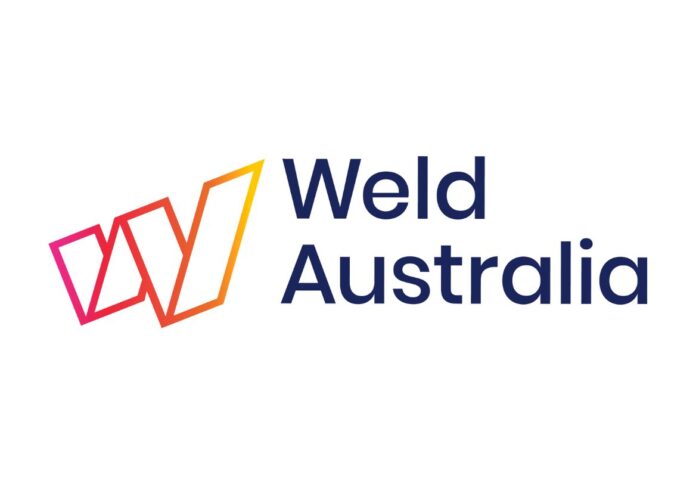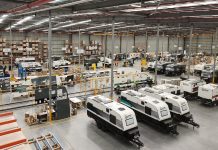
Weld Australia is urging the national government to take a proactive approach towards recruiting more women into the industry and provide training programs specifically designed for women.
In a statement released in celebration of International Women’s Day, Weld Australia CEO Geoff Crittenden emphasised the importance of increasing diversity in trades to alleviate the looming skills shortage.
“Australia will have a shortfall of at least 70,000 welders by 2030. Industry is already at capacity. Weld Australia’s members are currently operating at 50 per cent to 70 per cent capacity, and turning away work because they cannot find enough welders,” Crittenden said.
“Every effort needs to be made to encourage women to become welders,” he added.
The industry representative also called for the establishment of measurable diversity targets on government-funded projects.
The Victorian government launched its Building Equality Policy (BEP) at the beginning of 2022 to disrupt gender stereotypes in Australia’s most male-dominated sector.
The policy applies to new government projects and mandates female representation in at least 3 per cent of each trade role, 7 per cent of each non-trade position, and 35 per cent of management, supervisor, and specialist labour roles. These projects are also required to allot 4 per cent of labour hours for women apprentices and trainees.
“Encouraging the participation of women in male-oriented industries such as welding, construction and manufacturing is long overdue in ending the cycle of employment disparity, gender pay gap, and representation of women in management positions,” Crittenden said.
West Australia recently launched the Advanced Manufacturing Outreach Program in New South Wales in an effort to encourage young women to pursue a career in welding.
The program leverages augmented reality welding simulators to provide children with a real welding experience. To date, 82 welding simulators have been installed at 40 NSW high schools.
“The Advanced Manufacturing Outreach Program is unique because it actually engages kids. It is hands-on, fun and educational. It is not just about studying more maths and physics textbooks,” the Weld Australia CEO said.
“The gamification of learning is particularly effective when trying to encourage females, Indigenous Australians, people living with disabilities and those from a disadvantaged background into a career in STEM. Training in schools must be refocused to showcase the opportunities in trades and encourage women and other underrepresented groups into careers in STEM,” he added.



















